The Design4Production event in Munich proved that collaboration between is key to success across automotive production, engineering and design. The topic was present across every single session in one form or another. Here are the highlights of the theme…
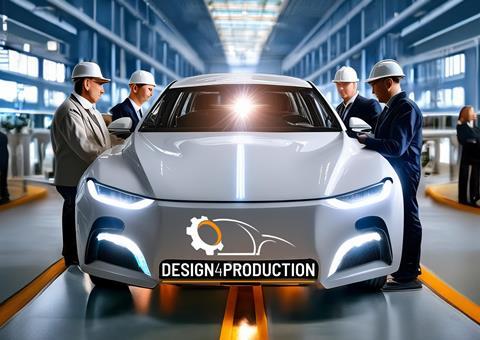
The Design4Production 2024 event was full of interesting insights for automotive professionals across OEMs and tier suppliers, but the thing that stood out was a pivotal theme: the necessity of breaking down silos between design, engineering and production. This collaborative approach is crucial for fostering innovation, enhancing sustainability and streamlining development processes in the automotive industry. Esteemed speakers from leading companies like Ford, NOYO AG, Volvo Group and Hyundai shared their insights and experiences on how to achieve this integration effectively.
Dr. Daniel Kirchert, Founder and CEO of NOYO AG, articulated the importance of an integrative mindset: “To have the spirit of closeness between design, engineering and production.” So the whole point of collaboration is in fact effective co-creation.
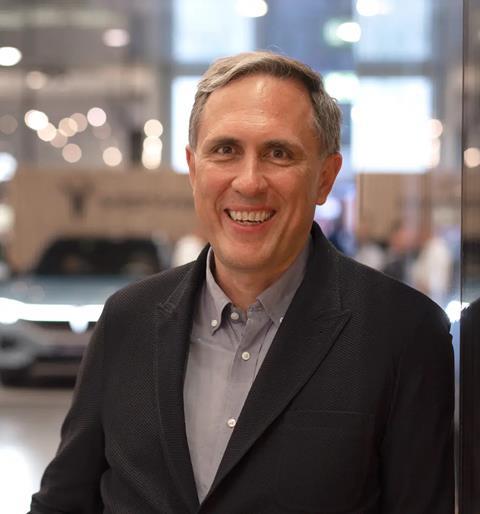
Kirchert believes that fostering a collaborative spirit and maintaining open lines of communication between these traditionally distinct functions is essential for driving innovation and adapting to rapid changes in the industry.
Gustavo Guerra, Vice President of Strategic Product Planning at Volvo Group, echoed this sentiment by addressing the unintentional formation of silos: “I don’t think that anybody builds barriers or silos intentionally…the sheer size of it, can mean that it’s difficult to find the person you need to talk to.”
“I have never had as many conversations with manufacturing as I am having now” - Amko Leenarts, Design Director at Ford of Europe
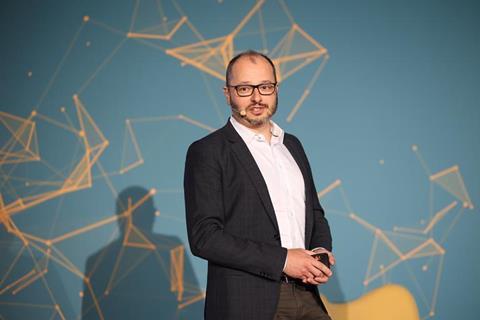
Guerra suggested practical steps like reaching across the organisation to facilitate communication and encourage a more collaborative culture. His approach highlights the need for transparency and accessibility within large organisations to prevent isolation of departments. Sven Wittke, Group Manager, Design Studio Engineering at European Design Center, Hyundai Motor Europe Technical Center discussed the importance of speed in development and its reliance on effective collaboration: “As engineers, designers and automotive lovers, we all like fast cars, and this translates into our processes.” Wittke’s statement underlines that rapid development in automotive design requires not just technical proficiency but also seamless cooperation between different teams to translate innovative designs into market-ready products quickly.
Amko Leenarts, Design Director at Ford of Europe, provided insights into how breaking down silos has improved sustainability efforts at Ford: “I have never had as many conversations with manufacturing as I am having now.”
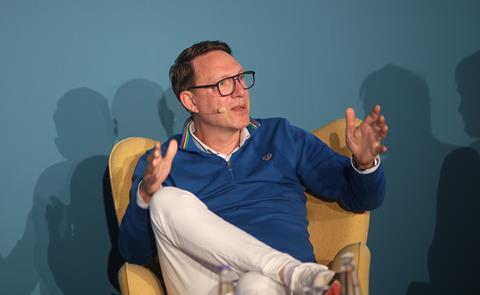
Leenarts highlighted Ford’s strategy, ‘The Road to Better,’ which focuses on responsible sourcing and integrating sustainable practices across the organisation. His experience illustrates that fostering direct communication between design and manufacturing teams can lead to more responsible and sustainable production methods.
Find out more about fostering the right colloborations for automotive excellence. Come and be part of some great discussions across leading panels with networking opportunities with fellow industry experts… We would be delighted for you to join us at the Henry Hotel, Dearborn, MI on October 30-31, 2024.
David Mason, Design Operations Director, Nissan Design Europe, added a crucial perspective on sustainability: “As we put more recycled content or natural materials into, say, plastics, this impacts durability.” Mason’s comment reveals the practical challenges of integrating sustainable materials into vehicle production and the need for departments to work closely to balance sustainability with product durability and consumer acceptance.

The event’s emphasis on breaking down silos reflects a broader industry trend towards more holistic and integrated approaches to vehicle development. By fostering closer collaboration between design, engineering and production, automotive companies can not only innovate more effectively but also respond more agilely to market demands and sustainability challenges.
“As we put more recycled content or natural materials into, say, plastics, this impacts durability” - David Mason, Design Operations Director, Nissan Design Europe
This integrative approach is not without its challenges. As Kirchert pointed out, achieving a spirit of closeness and risking failure are essential but difficult steps. Guerra’s practical advice on navigating organisational complexity offers a tangible way forward for large companies. Wittke’s focus on speed and Leenarts’s sustainability efforts both illustrate the tangible benefits of breaking down silos, from faster development times to more responsible production practices.
Design4Production 2024 illuminated the necessity of dismantling silos within the automotive industry to foster innovation, enhance sustainability and improve efficiency. The insights shared by industry leaders at the event provide a roadmap for achieving this integration, highlighting the importance of open communication, collaborative culture and practical strategies to bridge gaps between departments.
By continuing to break down these barriers, the automotive industry can better navigate the rapid changes and challenges it faces, paving the way for a more innovative and sustainable future.
Topics
- Automation and Digitalisation
- Battery Cell and Gigafactories
- Battery recycling
- Battery System and Pack Production
- Electrification
- Europe
- EV component manufacturing
- EV manufacturing
- Factory Transformation
- Ford
- Hyundai Kia
- Kaizen
- Lean manufacturing
- Manufacturing engineering
- Nissan
- OEMs
- Operational Excellence
- Process Improvement
- Quality
- Regions
- Sustainable production
- Volvo Cars





























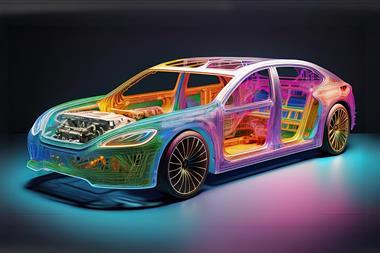
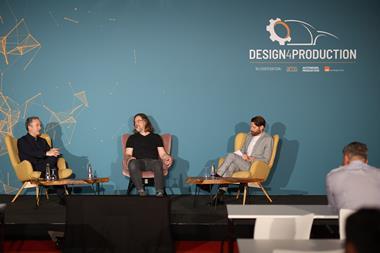
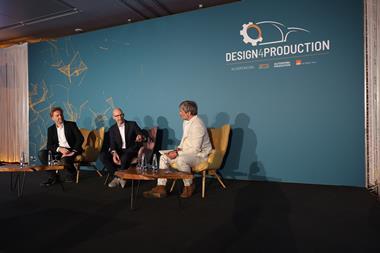
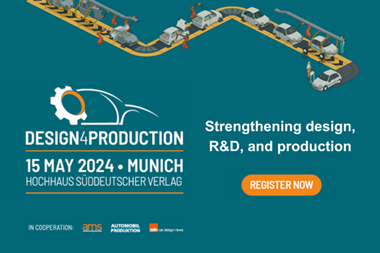

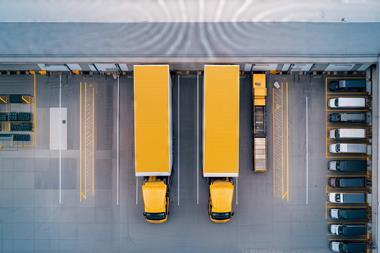
No comments yet